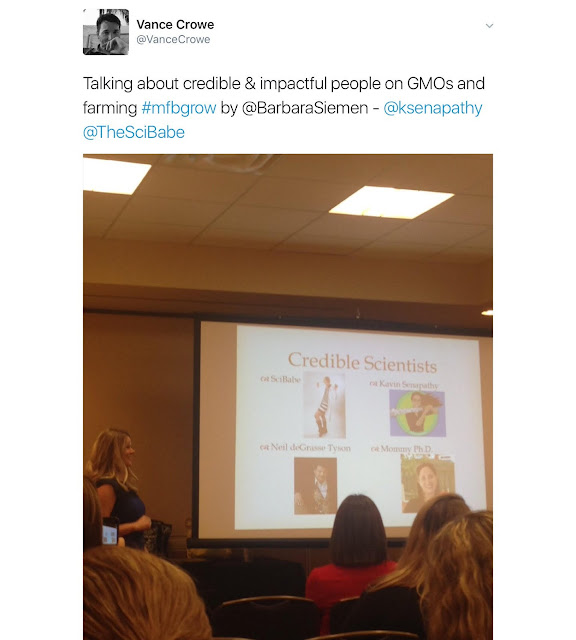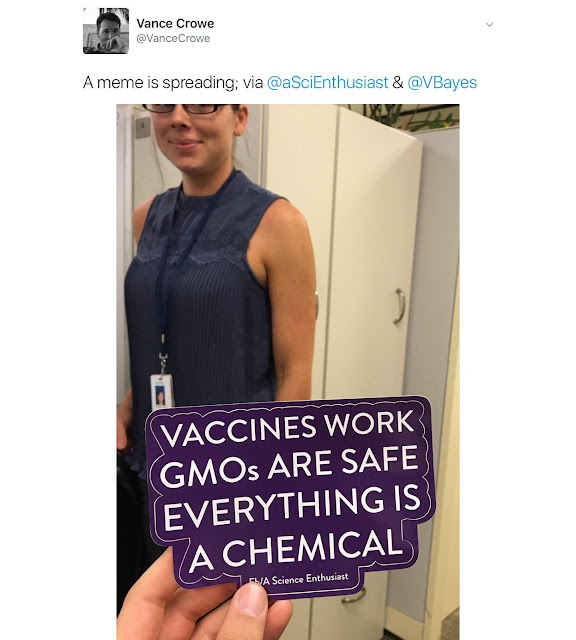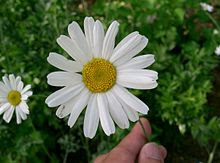(Originally) a citizen of a non-communist country sympathetic to communism who is regarded (by communists) as naive and susceptible to manipulation for propaganda or other purposes; (more widely) any person similarly manipulable for political purposes.
The latter part of the definition makes it a suitable term for the throngs of people commonly referred to as 'trolls' by many, also referred to as 'shills' and probably some other colorful terms I've missed. I think that the term troll is often accurate, though not everyone disagreeing with you is necessarily an internet troll.
The word shill gets thrown around far too often and far too carelessly. It's a term I avoid using, personally. Making accusations without proof is never advisable, and it's also committing an ad hominem logical fallacy which is always guaranteed to make you look a bit foolish. There are much better ways to get your point across in a debate.
There is also a common misconception that there are hordes of people on social media paid by various industries simply to troll and argue with people. I think this widespread idea is a very human response by people who simply cannot fathom why someone would spend time defending companies with such horrific documented harm to people and the environment. That they must be compensated for it seems the likeliest explanation - but I've seen no evidence (yet) to back this claim. I do think that we have plenty of evidence for another explanation however...
The Useful Idiot.
 |
| March Against Myths About Modification, not funded by industry, yet very useful to them. |
From the evidence that I have seen there is definitely a concerted effort on the part of industry to control information about their products and business practices. Environmental activists have done such a good job of getting their message out, that industry has needed to hire PR firms to help them influence public perception, particularly on social media.
A perfect example of this being how the agriculture industry has hired infamous PR firm Ketchum (who run the website GMO Answers) to disseminate a positive message about their products, genetically engineered crops. Sites like this along with other astroturf groups and academics with industry ties and conflicts of interest are at the top of the pyramid, spoon feeding propaganda dressed up as 'science' and 'evidence' to our good friends, the celebrity Skeptics. They in turn happily disseminate this information to their large number of followers. The way that these fake skeptics operate has been thoroughly detailed, so I won't get too into that here. The Skeptics of course have innumerable blogs, websites, Facebook pages and Twitter accounts with which to share the information they are getting from 'experts' and recycling among themselves. This is social engineering at it's finest.
 |
| Monsanto's Director of Millennial Engagement (PR guy), Vance Crowe shows the plan to 'outcompete fear of modern ag' by 'connecting tribes'. |
Industry is aware of this, and isn't even secretive about fully exploiting these social and political networks to their advantage as is illustrated in the above photo. This is one of the tactics used by the father of public relations, Edward L. Bernays. From his obituary in the New York Times, "He helped shape public relations by favoring the use of endorsements from opinion leaders, celebrities, doctors and other "experts" to strengthen the arguments his clients wanted to make. In addition, he favored surveys, releasing the results of experiments and polls to make a better case for his clients' positions and products."
 | |
| L-R clockwise: a former chemist, not a scientist, a #ScienceMom, and a celebrity astrophysicist. |
It doesn't just stop there, though. The 'Bad Guys' or 'Evil People' as some have called them, are endlessly pointed out and pilloried. The formula is simple enough, find someone with notoriety who runs afoul of your message, and hold them up as an example of why the world is going to hell in a hand basket.
 |
| Kevin points out the 'Evil People' It's all their fault! |
And now that the message has been disseminated from the top, it continues to filter down to the general populace from Useful Idiots who have wholeheartedly and unwittingly bought into the propaganda.
 | ||
| Val Bayes, Monsanto's STEM Education Lead, 'A Science Enthusiast' sticker, and Vance Crowe's hand. |
And boy, do they love it when that happens. The more oversimplified the 'meme' or message, the better.
 |
| Ermahgherd! |
Because, honestly, what's better than a gaggle of indoctrinated, mindless automatons who spout one-liners at the bad guys on social media for you? Ones who do it for FREE.
This is clearly social engineering. A bit more nuanced than the simplistic 'paid trolls' notion that many espouse, though with considerably more evidence behind it. This is not to say that there are not people paid by industry to deliver their message, or that people are always up front about money they may be receiving directly or indirectly from corporate entities. But the idea that Monsanto or any other Ag company is paying all those people to disagree with you and troll your posts on social media or that they get paid by the comment, or post or whatever, is basically unfounded. As I have just demonstrated (and there's lots more where this came from), they don't have to!

















